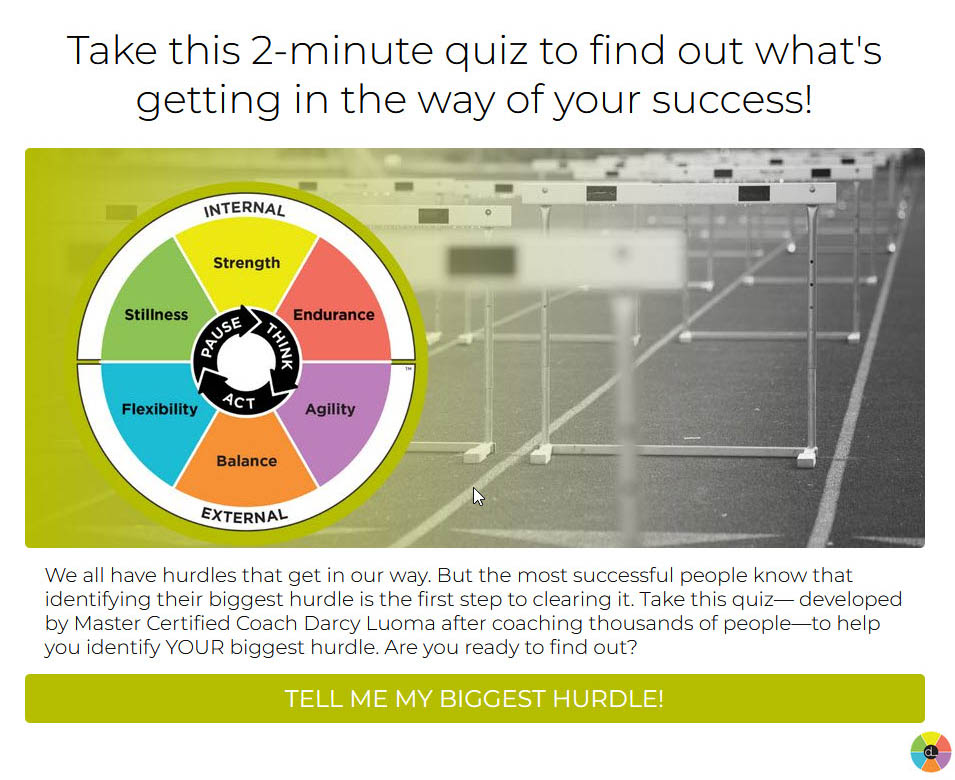You might agree that the best people watching happens at amusement parks (ok, perhaps second only to Walmart). Most recently, my husband and I visited Glenwood Springs Adventure Park in Colorado.
While waiting in line for a ride, we observed in a group ahead of us one particular woman expressing concern about getting sick. As someone who has been vomited on by fellow roller coaster riders multiple times, you can bet this is something I’m always watching for as we wait in line.
As she spoke, it became clear that the woman was full of anxiety and was not actually interested in going on the ride at all.
What started as a small discussion between friends about whether or not to get on the ride quickly grew to involve everyone around them in the queue. As you might’ve guessed, rather than showing understanding, the group (many of whom were complete strangers!) began relentlessly teasing and pressuring her to get on the ride. People loudly and proudly made their opinions known…
- You won’t regret it, I promise. You’ll be SO glad you did it!
- If that little girl can do it, then so can you… what do you have to be afraid of?
- You’ve already waited in line. Just a few bumps around the ride and it’ll be over. Don’t be silly/boring/ridiculous/dramatic/etc.
It escalated until the entire line was chanting at her—including the ride attendant.
Understandably, the woman was embarrassed and close to tears. Ultimately, she decided against the ride, but as she tried to leave the line, the other people continued jeering at her and jokingly refused to let her leave. The ride attendant even loudly threatened not to start the ride without her.
What real friendship looks like
Finally, the woman made it out of the line to watch from the sidelines. As the rest of us filed slowly towards the ride, one of her friends shouted to her:
“Way to know your boundaries!”
What a beautiful thing to say to a person who had just so firmly stood her ground despite bullying—and in a public place to strangers, at that.
Unlike the rest of the group, this friend cheered her on when she expressed her boundaries, rather than joining in on pressuring her to do something she didn’t want to. It’s the same sort of encouragement that a great mom will give her child.
From a Thoughtfully Fit perspective, this is an example of Flexibility—where you stretch to accept someone’s differences.
This shows that you don’t have to necessarily agree with the other person’s preference, in order to practice Flexibility. It’s sufficient to take the view: you do you, and I’ll do me. And there’s also an option for us to cheer each other on for making our respective choices.
Pressure-free friendships begin with Flexibility
A glimpse of the friendship between these two women reminded me of a scene from Glennon Doyle’s book, “Untamed.” In her book, Doyle talks about her friendship with another author, Elizabeth Gilbert (whose book “Big Magic” I also love!).
From the moment they met, the two women decided to be “pressure-free” friends. This means they resolved to give each other space and to lead with grace, trust, and understanding no matter the circumstances. I imagine them saying things to each other like:
“If you don’t have a chance to text me back, I’ll assume you’re busy being an absolute badass!”
In order to become the successful female powerhouses they are, neither Doyle nor Gilbert had time or energy for a friend that applied pressure or didn’t accept them just as they are.
As someone who finds it hard to say “no”, the thing I appreciate most about this perspective is that it gives both women the permission to look after themselves and come back to the friendship for enrichment and support. Both can appreciate how the other person shows up, without asking for more than the other can give.
Building your Flexibility practice
You too can bring Flexibility into your relationships. Here are three tips to try:
- When a friend flakes on you, don’t rage at them. Instead, offer them a “Life is so busy—I completely understand! I hope all is well in your world.”
- If your partner doesn’t return a text, consider that they’re probably busy, or have a different communication style than yours, rather than letting it ruin your mood.
- If your brother is much less organized than you, resist the urge to judge him. Leave him be to take care of himself and appreciate him for his quirks.
This type of Flexibility doesn’t always come easily! So give yourself some grace and see it as a skill you can build over time, with gradual practice.
The next time someone in your life says no to an invitation (or a rollercoaster!), try this core workout:Pause: Notice your initial emotional impulse, and sit quietly with it for a moment.
Think: You can’t control the person who said no, so consider the things that you do control. What choices do you have?
Act: You don’t have to agree with the other person’s decision, but strive to accept them as they are.



